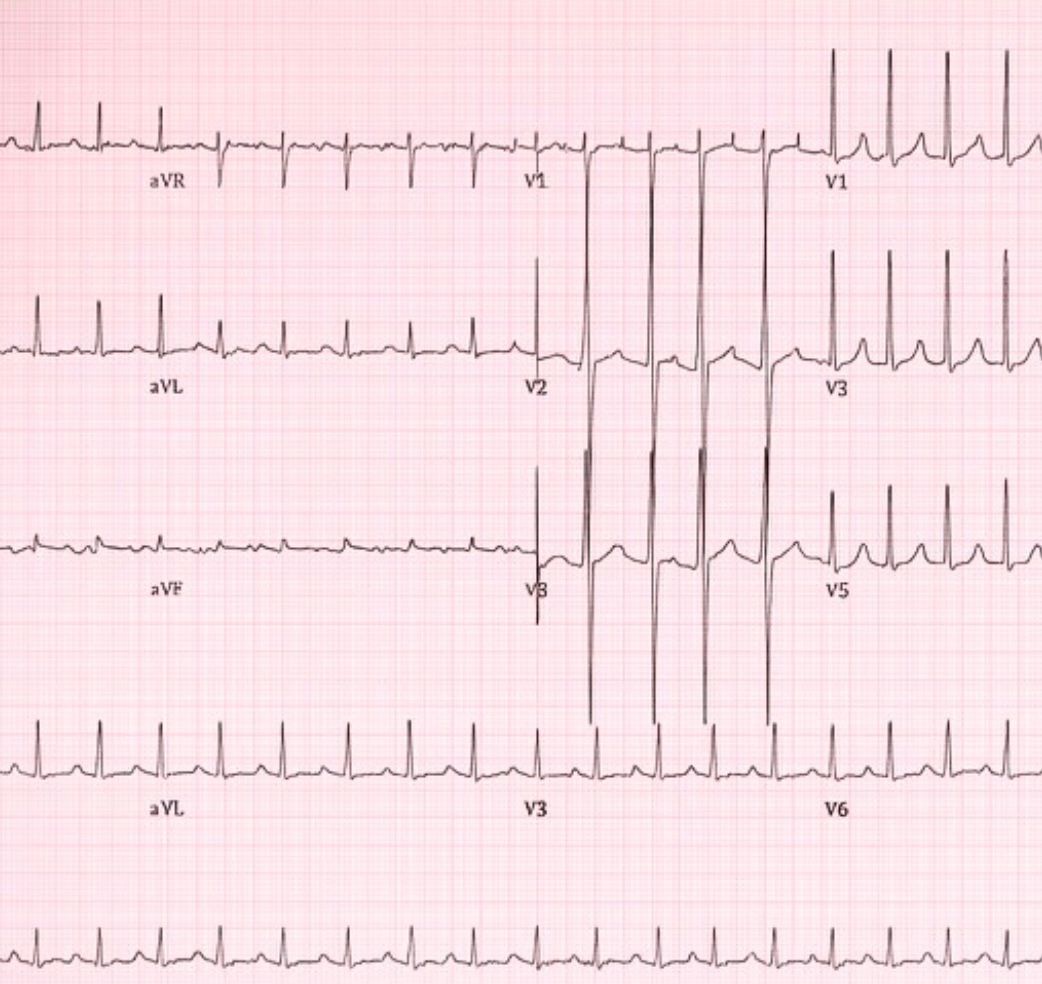Acute Aortic Dissection in Heritable Thoracic Aortic Disease: Loeys–Dietz Syndrome with TGFBR2 Mutation

Nada Abujabra(1) • Farah Shahin(2) • Georgette Kharman(2) • Khaled Kettaneh(3)
Published in Academic Medicine & Surgery: doi.org/10.62186/001c.144944
Google Scholar Index: 10.62186/001c.144944
Abstract
Acute thoracic aortic dissection (ATAD) is a rare but life-threatening cardiovascular emergency, especially in patients with heritable thoracic aortic disease (HTAD). Early recognition and rapid intervention are essential to prevent fatal complications. A 42-year-old man with no prior diagnosis of cardiovascular disease presented with sudden severe tearing chest pain radiating to the back, accompanied by diaphoresis and nausea. Examination revealed elevated blood pressure in both arms, sinus tachycardia, and physical features suggestive of a connective tissue disorder, including mild pectus excavatum and disproportionately long extremities. Laboratory testing showed elevated D-dimer, while CTA confirmed a Stanford type A dissection extending from the ascending aorta to the proximal descending thoracic aorta. The diagnosis of acute type A dissection was established, and emergent surgery was performed. The patient underwent ascending aortic replacement with a Dacron graft and partial arch reconstruction. Intraoperative findings included a friable aortic wall consistent with connective tissue disease. Genetic testing later confirmed a pathogenic TGFBR2 mutation diagnostic of Loeys-Dietz syndrome. Written informed consent for publication was obtained. The patient underwent ascending aortic replacement (26-mm Dacron) with partial arch reconstruction under cardiopulmonary bypass; circulatory arrest duration was 28 minutes. At 12-month follow-up CTA and echocardiography showed durable repair and preserved ventricular function with only mild residual aortic regurgitation. This case highlights the need for rapid recognition, prompt surgery, genotype confirmation, and lifelong vascular surveillance in HTAD.